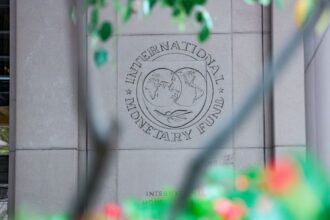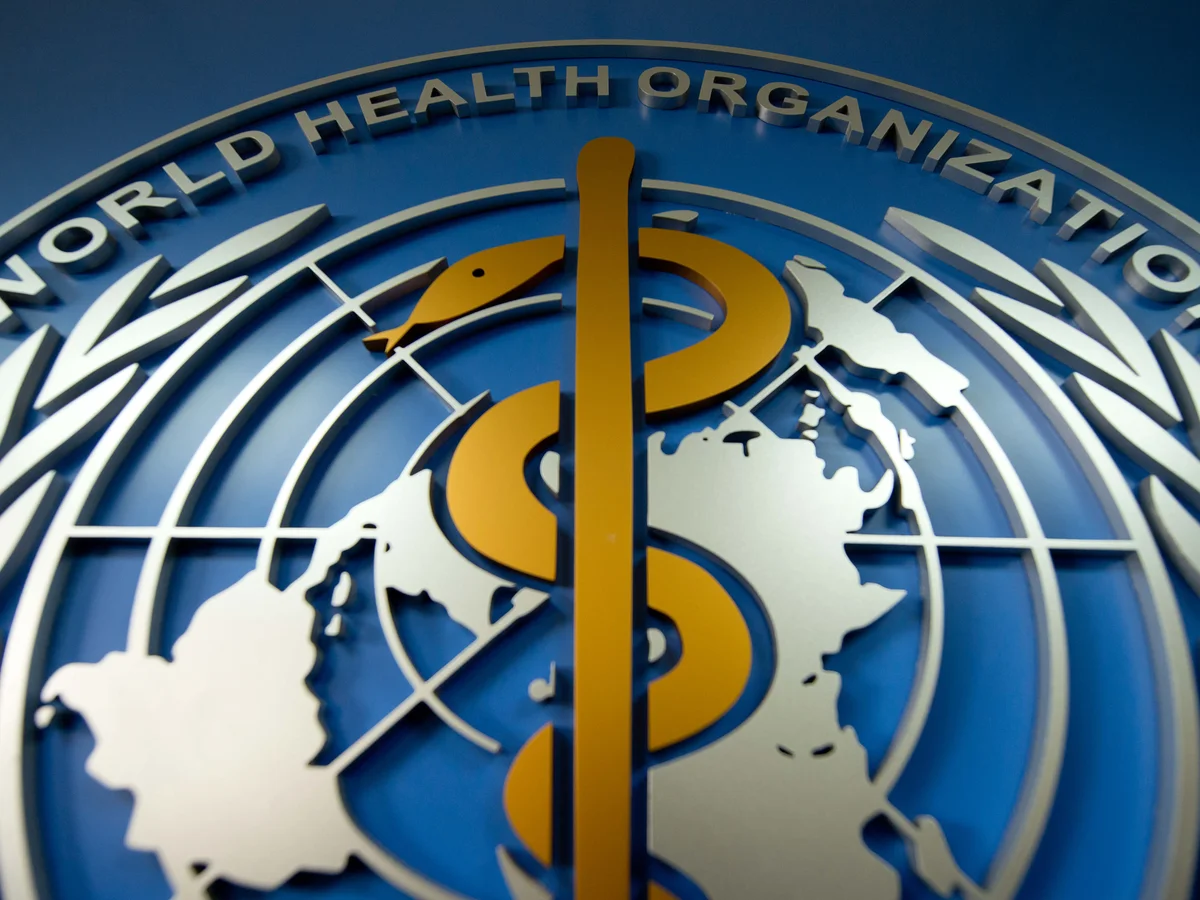As we approach the fifth winter since COVID-19’s outbreak, medical professionals and citizens alike are better equipped to protect themselves and others against respiratory viruses such as COVID-19 and influenza. The statement below was released by Dr Hans Henri P. Kluge of WHO Regional Director Europe in response to this respiratory virus season.
Protect yourself and others from respiratory viruses this season
We are now entering our fifth winter after the COVID-19 pandemic began. We are better prepared and have the tools and knowledge to protect ourselves and our loved-ones from COVID-19 and other respiratory viruses such as influenza and respiratory syncytial (RSV). This is not something to take for granted. I have four messages today for our Region.
It would be incorrect to assume that respiratory virus always causes’mild infections’. This is not true. They must be taken very seriously. They can be a serious health threat for those at risk, such as the elderly and those with chronic or pre-existing conditions. The WHO European Region, which includes 53 member states in Europe and Central Asia, still suffers up to 72,000 seasonal influenza deaths each year. This is approximately 20% of global burden. Most of these deaths are preventable. Every winter, those who are most vulnerable must be protected. The flu vaccine is one of the best ways to prevent serious illness and complications. This is not the only respiratory infection we have to deal with.
Second, there is a collective amnesia about COVID-19, which is alarming. It is understandable that individuals, communities, and nations want to move past the trauma of the pandemic. COVID-19, which is co-circulating with respiratory viruses, is still very much a part of our lives. In the last month, up until September 22, the European Region reported more COVID-19 cases than any other WHO Region, and 748 deaths. These figures are likely underestimates. The last few decades should have taught us pathogens can be unpredictable. COVID-19 ravaged the entire planet. Mpox Clade II appeared unexpectedly in Europe 2022 and continues to circulate within the Region. Meanwhile, mpox Clade I in Central-East Africa triggered a Public Health Emergency of International Concern. RSV and influenza will continue to circulate with increased intensity in the months to come, especially as more people are staying indoors because of the colder weather.
A third message is also directed at the Member States. Do not underestimate the power that new and existing pathogens have to wreck havoc on society, economy, and health systems. Regular and consistent monitoring and surveillance will ensure that we are prepared for the next major public health emergency, wherever and whenever it may occur. We must also protect our health systems against being overburdened. Health systems in the European Region face multiple challenges. They are already facing an aging workforce and severe staff shortages. It is vital to invest in health systems and renew the focus on primary care.
This brings me to my final message: To ease the pressure on our healthcare systems, we must all take steps to avoid getting sick or infecting others. We are launching today a new campaign to encourage individuals and communities in the European Region, to use the lessons learned over the past few years.
Our campaign’s key message: No one knows you risk better than you. The pandemic taught us how to protect others and ourselves from respiratory infections. Staying at home when sick is a key protective measure, as are practicing hand and cough cleanliness and ensuring proper ventilation. The most vulnerable individuals are older people, pregnant woman, people with weakened immune system, and those with chronic conditions. For these individuals, vaccination is still essential. In crowded or enclosed areas, it is also recommended to wear a mask that fits well, as well as follow other protective measures advised by health authorities.
This guidance is aimed at individuals but it is also important to recognize that protecting against respiratory virus is a shared responsibility for governments and the entire society. Everyone should do their part to foster a culture that is based on care and solidarity for the vulnerable. We urge governments and health officials to provide accurate, up-to-date information and advice on health, based upon rigorous research, monitoring and surveillance. This will guide individuals and communities to make informed decisions that prioritize the public’s health. Together, we can all stay healthy and safe during this respiratory virus season.
Read More @ georgiatoday.ge




